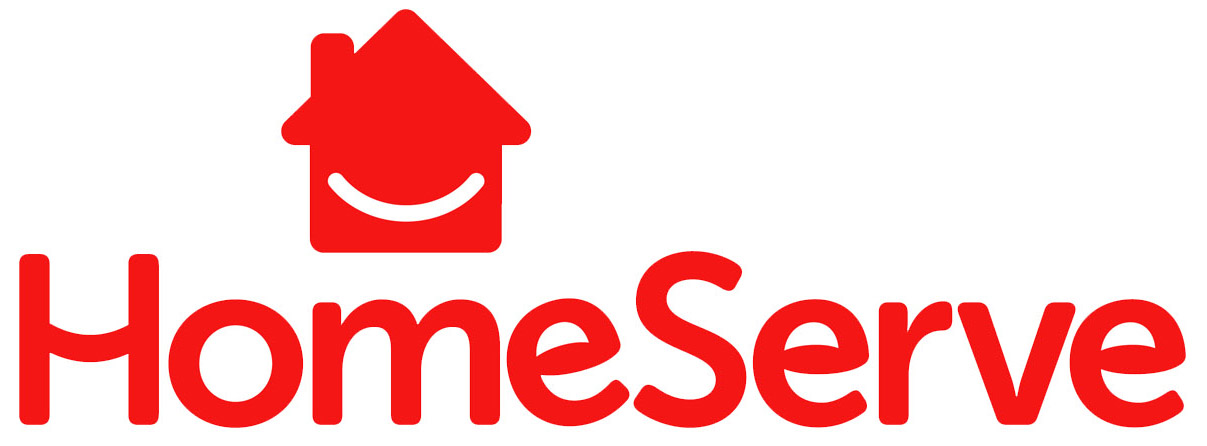One of the furthest reaching impacts of COVID-19; one many of your residents will likely not see until it’s playing out in its entirety; is how reduced tax collections will alter this year’s and next year’s municipal budgets, forcing many communities to cut costs. In the coming months, many communities will be looking for ways to save money.
When municipal department heads were formulating their budgets last year, they certainly didn’t expect state-wide shutdowns that would shutter businesses, put people out of work and reduce the amount of revenue their communities collected from taxes and fees. They didn’t know they would have to cut costs and implement a money-saving plan in the first half of the year.
Some communities are already feeling the pinch and their leaders are seeking ways to save money. Since most cities are already operating on tight budgets, those cuts are either hard to find or deep and painful. Strategic cost reductions can help ease the pain, but here are four articles on how other communities are dealing with the issue.
- Municipalities Look Back to 9/11 in Shaping COVID-19 Response. In Natick, Mass., Town Administrator Melissa Malone estimates the community will lose $4.3 million, forcing her to start looking at strategic cost reductions, including putting on hold the hiring of additional public works employees and police officers. In nearby Ashland, Town Manager Michael Herbert is taking another look at the 2021 budget, looking for ways to save money while trying not to deeply impact municipal services.
- When Will Your City Feel the Fiscal Impact of COVID-19? The Brookings Institute looks at how a loss of local retail sales tax, income and wage taxes and real estate taxes and fees will impact communities and how dependent cities are on these taxes and fees for their operational costs. Those cities largely dependent on retail sales tax will feel the pinch quicker than others, while those whose budgets come primarily from real estate taxes won’t see their revenue fall as quickly, but long-term unemployment will catch up to them. An analysis shows many cities in the heartland that have high-risk industries and generate more than a quarter of their revenue through elastic sources such as sales or income taxes should start developing a money-saving plan through strategic cost reductions.
- Municipal Matters: COVID-19 and Municipal Budgets. In Bettendorf, Iowa, Finance Director Jason Schadt expects the city to lose a minimum of $2.3 million through decreased sales, motel and road use taxes and reduced community center fees. Many of the city’s recreational services are funded through gaming revenue from the local casino, which has been shut down. Schadt is already considering having to close some of those recreational amenities and raise property taxes. He expects sales taxes to be down by 30 to 50 percent for the remainder of the fiscal year, forcing the city to consider a money-saving plan.
- Cities and Towns Need Help to Drive the Recovery. Mayor Gloristine Brown of Bethel, N.C., a Service Line Warranty Program partner city, talks about the relationship between small business and local government and how both are vital to the economic health of a community; she notes the recovery from the 2008 Great Recession was slowed because cities had to cut costs, because infrastructure refurbishment and expansion, among other construction projects, were put on hold. The federal government must either provide aid or ease restrictions so that states and others may do so.
As municipalities struggle with meeting service needs with reduced revenue, residents also are struggling as another 1.5 million people applied for unemployment, bringing the total to 44 million over 12 weeks; although the total percentage of unemployed Americans dipped 1.4 percent to 13.3 percent in May. Many residents aren’t prepared for such an economic shock, with one-in-four Americans having no savings and many of those suffering from unemployment adding to their debts by surviving on credit.
The NLC Service Line Warranty Program can help both municipalities and residents weather tough economic times; the program provides royalties to partner cities and an optional service line warranty to residents that can protect them from the economic shock of emergency home repairs. To find out more, contact us.

